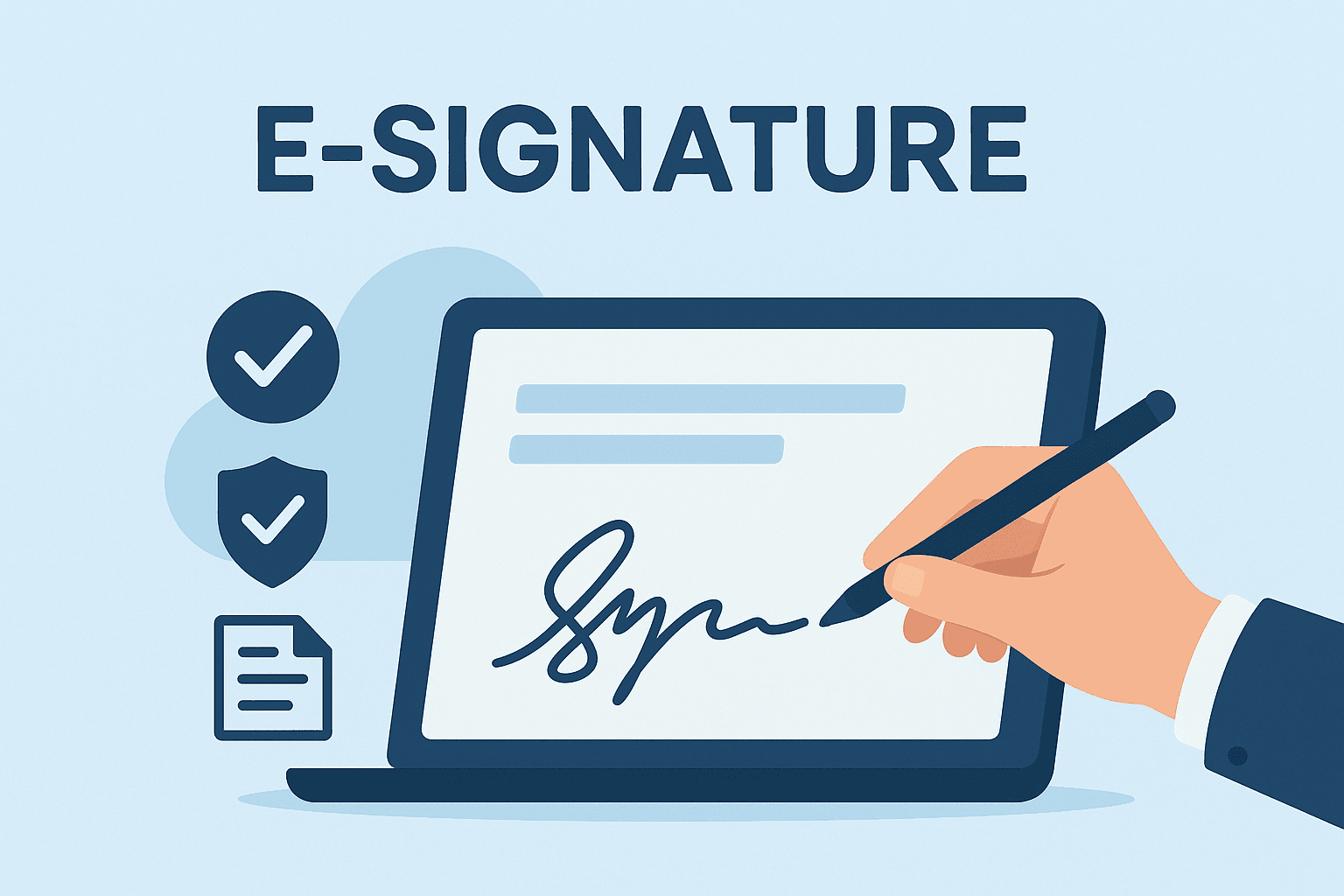What documents are needed for DSC?





What Documents Are Needed for DSC?
In today’s digital age, Digital Signature Certificates (DSC) are essential for individuals and organizations that engage in secure digital communication and electronic document signing. Whether it’s for filing taxes, signing contracts, or obtaining government approvals, DSCs provide a legally recognized digital identity. However, to apply for a DSC, you must submit the right set of documents according to your jurisdiction’s legal and compliance framework.
This article provides a comprehensive guide on what documents are needed for DSC application, especially focusing on the regulatory terminology aligned with local laws in places like Hong Kong and Southeast Asia.
What Is a Digital Signature Certificate?
A Digital Signature Certificate (DSC) is issued by a Certifying Authority (CA) and serves as an electronic token that authenticates the identity of the signer and ensures the integrity of the signed document. Under many national IT Acts (e.g., India’s Information Technology Act, Singapore’s Electronic Transactions Act), a DSC has the same legal validity as a handwritten signature.
Types of DSC and Their Application Requirements
Before looking at the documentation, it’s important to understand that DSCs are categorized into three primary types:
- Class 1 DSC: Used primarily for individual email communication.
- Class 2 DSC: Used for company or organizational registrations like GST, MCA, ROC filings.
- Class 3 DSC: Offers the highest level of security and is used for e-tendering, e-procurement, and other high-end operations.
Each class has slightly different documentation requirements, especially when it comes to identity verification and purpose of use.
Basic Documentation Requirements for DSC
The documents needed for acquiring a DSC vary depending on whether the applicant is an individual, a business entity (private or public limited company), or a foreign company/individual.
For Individuals
- Identity Proof: Passport, Voter ID, Aadhaar Card (India specific), National ID (as applicable in the respective jurisdiction).
- Address Proof: Utility bill, Bank statement, or Government-issued address document.
- Passport-Sized Photograph
- PAN Card Copy (in jurisdictions like India)
- Attestation Requirements: In some regions, documents must be self-attested or notarized.
For Organizations
- Certificate of Incorporation
- Company PAN card (where applicable)
- Board Resolution (BR) or Authorization Letter authorizing one of the directors or employees to apply for DSC.
- Address Proof of Organization: Bank statement or utility bill of registered office premises.
- Identity and Address Proof of Authorized Signatory
In Hong Kong, companies may also need to comply with the “e-Signature Guidelines” as outlined by the Innovation and Technology Commission.

Special Regulatory Considerations in Hong Kong and Southeast Asia
The documentation requirements in regions such as Hong Kong and Southeast Asia are framed by local digital signature laws, including but not limited to:
- Electronic Transactions Ordinance (Cap. 553) – Hong Kong
- Electronic Transactions Act (Cap. 88) – Singapore
- Law of Cybersecurity and Digital Transactions – Malaysia and Indonesia (as applicable)
For instance, in Hong Kong, the use of a “recognized certificate” issued by a Hong Kong Post-recognized Certification Authority is required for certain governmental or legal submissions. Foreign CAs are often not accepted for statutory filings unless registered locally.

Application Process: Step-by-Step Guide
- Select the Type of DSC: Based on the purpose (e.g., filing taxes, e-tendering).
- Download or Obtain the DSC Form: Most Certifying Authorities provide it online.
- Attach Required Documents: Scan and upload or submit photocopies, depending on CA requirements.
- Verification Process: In some jurisdictions, remote video verification is accepted; elsewhere, in-person document verification is mandated.
- Token Delivery: DSCs are either downloaded to a secure token or cloud certificate, depending on user preference and availability.
In jurisdictions with heightened data privacy laws like Malaysia’s PDPA or Singapore’s PDPA (Personal Data Protection Act), document handling during the DSC process must comply strictly with data minimization and confidentiality protocols.
Frequently Asked Questions (FAQs)
1. Can foreign nationals apply for a DSC?
Yes, but they typically need to provide valid foreign identification such as a passport along with additional documentation like a visa or residency permit depending on the local authority’s requirements.
2. How long is a DSC valid?
A DSC is usually valid for 1 to 3 years. The validity duration depends on the certification authority and user preference at the time of application.
3. Are scanned documents acceptable?
Most authorities now accept digitally scanned documents, but some may still require physical submission or certified copies, depending on local regulatory mandates.

How Do I Choose the Right Certifying Authority?
Choose a CA that:
- Is recognized under your local electronic transaction law (such as Cap. 553 in HK).
- Offers support for both individual and organizational DSCs.
- Provides multi-lingual customer support and adheres to global compliance standards like ISO 27001, eIDAS, and WebTrust.
For Hong Kong and Southeast Asian Users: eSignglobal as a Regional Alternative
For those based in Hong Kong or the broader Southeast Asia region, choosing a digital signature provider that complies with local ordinances is crucial. While international platforms like DocuSign are popular, regional compliance can be a concern when dealing with local governments or legal documentation.
That’s where eSignGlobal comes in. Designed with Hong Kong’s Cap. 553 and Southeast Asia’s various IT Acts in mind, it provides a secure, compliant, and cost-effective solution that fits regional regulatory needs.
Whether it’s business contract signing, cross-border agreements, or digital invoicing, eSignGlobal is tailored for transparency, security, and local law compliance.

By preparing the correct set of documents and choosing a trusted certification service that aligns with your region’s legal framework, you can seamlessly acquire your DSC and operate in the digital world with confidence and legitimacy.

 Only business email allowed
Only business email allowed


